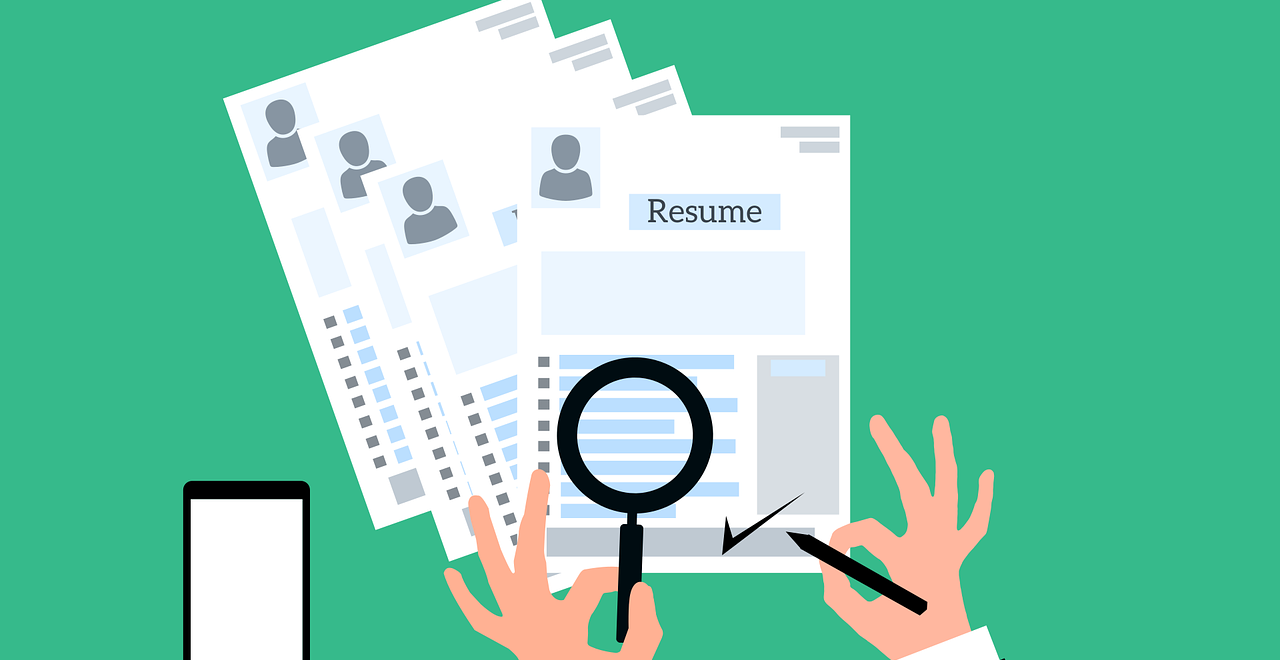Updating your resume after a break can be challenging.
Here are some tips to make it easier.
First, assess your skills.
Think about what you did during your break.
Did you learn any new skills?
Volunteer work and part-time jobs count too.
Make a list of everything.
Next, organize your resume.
Start with a strong summary.
Mention your career break briefly.
Focus on your current skills and goals.
Use a professional format.
Make it easy to read.
Include headings for each section.
Start with your contact information.
List your name, phone number, and email.
Add a LinkedIn profile if you have one.
Then, write your professional summary.
This should be a few sentences.
Mention your career break and what you did.
Highlight your strengths and skills.
Make it clear what kind of job you want.
Now, list your work experience.
Include your most recent job first.
If you have gaps, explain them.
Be honest but positive.
Mention any relevant activities.
This could be volunteer work or classes.
Next, list your education.
Include any degrees or certificates.
Mention any recent courses you took.
This shows you stayed active.
Add a skills section.
List both hard and soft skills.
Use keywords from job postings.
This helps your resume get noticed.
Include any certifications.
These show you have specialized knowledge.
Don’t forget to proofread.
Check for spelling and grammar errors.
Ask a friend to review it too.
A fresh set of eyes can catch mistakes.
Now, let’s talk about formatting.
Use a clean, professional design.
Avoid fancy fonts and colors.
Stick to one or two fonts.
Use bold for headings.
Keep the text size readable.
Use bullet points for lists.
This makes it easy to scan.
Keep it to one or two pages.
Be concise but detailed.
Tailor your resume for each job.
Use keywords from the job posting.
Highlight the skills they want.
Show how you fit the role.
Customize your professional summary.
Mention the company name if possible.
Show you did your research.
Let’s discuss the importance of keywords.
Many companies use software to screen resumes.
These programs look for specific words.
Use keywords from job postings.
Include them in your skills and experience.
This increases your chances of getting noticed.
Focus on recent skills.
Mention anything you’ve learned recently.
Highlight new technologies or methods.
Show you’re up-to-date.
Don’t worry if your skills are rusty.
Be honest but positive.
Mention any refresher courses.
This shows you’re proactive.
Let’s talk about transferable skills.
These are skills that apply to many jobs.
Examples include communication, teamwork, and problem-solving.
Highlight these skills on your resume.
Show how you used them during your break.
Mention any relevant projects.
These could be personal or volunteer projects.
Describe what you did and what you learned.
Show how these skills apply to the job you want.
Next, let’s discuss online profiles.
Update your LinkedIn profile.
Make sure it matches your resume.
Join industry groups and participate.
Share articles and comment on posts.
This shows you’re engaged and knowledgeable.
Consider creating a personal website.
Include your resume and a portfolio.
Showcase your work and skills.
This can impress potential employers.
Don’t forget to network.
Tell friends and family you’re job hunting.
They might know of openings.
Attend industry events and job fairs.
Meet people and make connections.
Networking can lead to job opportunities.
Stay positive and patient.
Updating your resume takes time.
Job hunting can be stressful.
But with a strong resume, you’ll succeed.
Keep improving and updating your resume.
As you gain more experience, add it.
Show your growth and progress.
Good luck with your job search!
You have the tools and tips to make it happen.
Believe in yourself and keep moving forward.
Your new job is out there waiting for you.

